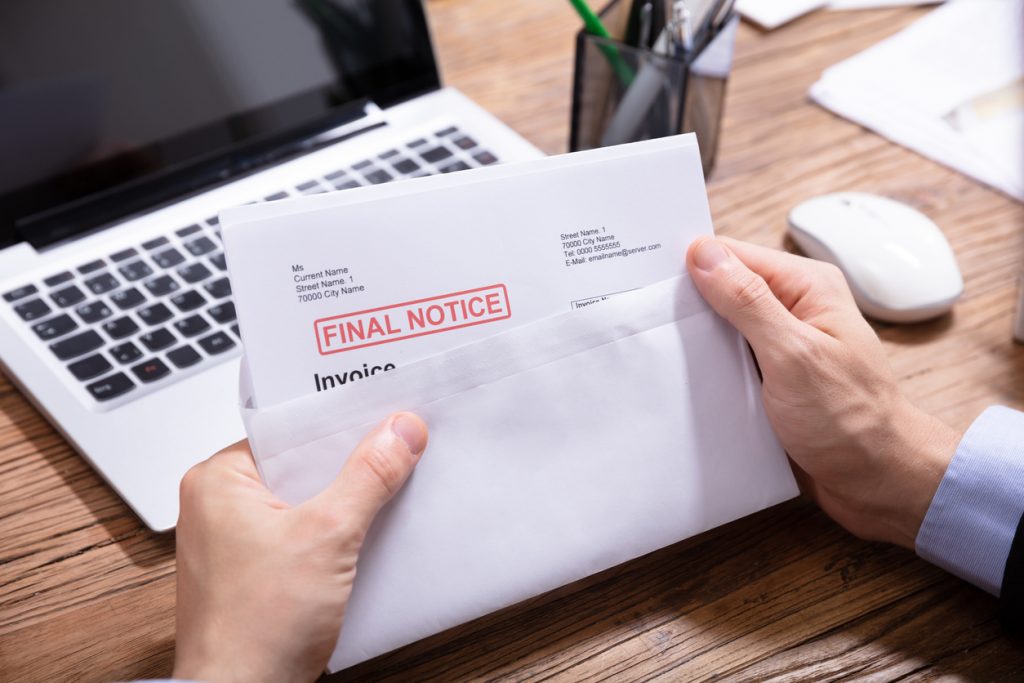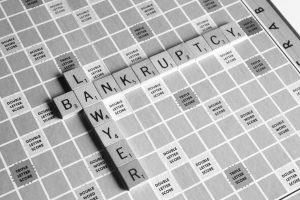The government introduced the Corporate Insolvency and Governance Bill to limit the impact of the coronavirus outbreak on small businesses. It made temporary changes to corporate insolvency rules in the UK. Schedule 10 of the Bill imposes limits on the ability of a creditor to issue a winding up petition against debtor companies. The new rules apply until 31 December 2020 to protect businesses that have been financially impacted by the pandemic from aggressive enforcement action taken by their creditors.
In the new year, creditors including suppliers, landlords and commercial lenders will once again be able to issue a winding up petition against their debtors to force the repayment of a debt. In this article, we’ll take a look at whether issuing a petition to wind up a debtor is likely to be the best way forward and discuss the various considerations that you should take into account.
What is a winding up petition?
A winding up petition is a legal notice issued by a creditor in a court with the intention of forcing a company into liquidation if a debt is not paid. A winding up petition usually follows a statutory demand for payment and is one of the most serious forms of legal action that can be taken against another business. If the debt is not repaid and the winding up petition is ignored, the company that owes the money can be forced to stop trading and its assets will be sold to repay the parties that it owes money to.
Things to Consider When Issuing a Winding Up Petition After Covid-19
While a winding up petition can be a very effective measure to take against a debtor that owes you a significant sum, it may not necessarily be the most appropriate course of action given the current circumstances. Here are a few things to consider...
1. How can you serve the winding up petition on the debtor?
The winding up petition must be delivered to, or to use the legal term, ‘served’ on the debtor in a certain way. Failure to do so will make the winding up petition unenforceable. Non-essential businesses may be closed as the debtor and their staff may be working from home, which could make serving the winding up petition in the prescribed way problematic. If you cannot deliver the winding up petition in-person, it could be sent via email with a read receipt. However, you should do your research to ensure that the email address you send the petition to is checked regularly.
The winding up petition must be delivered to, or to use the legal term, ‘served’ on the debtor in a certain way.
2. How long should you give a debtor to pay before taking action?
This decision is very much a personal one that will depend on the particular circumstances of your case. If your debtor is a business that was forced to close or was in an industry that was hit hard by the pandemic, you may wish to consider delaying taking action to give the business the opportunity to recover and make the payment. The reality is that in many cases, forcing a company into compulsory liquidation via a winding up petition may only allow you to recover a very small proportion of the money you were owed. You may be better served by contacting the debtor to see if you can negotiate new payment terms, for example, by giving them extra time to pay or allowing them to pay the money they owe in instalments.
3. Could the winding up petition bring you negative attention?
Under normal circumstances, any negative attention associated with a winding up petition is likely to be felt by the debtor. However, the situation now is far from normal. Small and medium-sized businesses in just about every industry have experienced similar difficulties, and issuing a winding up petition at this stage may be seen as premature or insensitive by customers and other businesses in your sector. There are also adverse costs to consider. If a judge rules that your petition is inappropriate at this time and it is dismissed, you could be ordered to pay the legal costs of the debtor.
4. How long can you wait?
Typically, from serving the winding up petition to it being heard in court usually takes between four and six weeks. However, that depends on how busy the courts are. Given that the temporary moratorium on winding up petitions will be lifted on 31 December 2020, there’s likely to be a considerable backlog in court hearings. That could make the whole process much slower and delay your attempts to recover the money you are owed.
[ymal]
5. Are there other options you could consider?
The options available to you depend on the attempts you have made to collect the debt to date and the reason for the nonpayment. If you have made exhaustive attempts to collect the payment and contacted the debtor many times but have been ignored, you may feel that you have no option but to issue a winding up petition.
However, if the debtor has been in touch and made genuine efforts to make the payment, other options may be available to you. For example, you could send a letter before action, which warns the creditor that your next course of action is to issue a winding up petition if the debt remains unpaid. Alternatively, you could choose to pursue the debt down the County Court route with the issue of a County Court Judgement.
Either way, there are options available to you, and given the current circumstances, it’s worth considering them all very carefully before you issue a winding up petition.





















